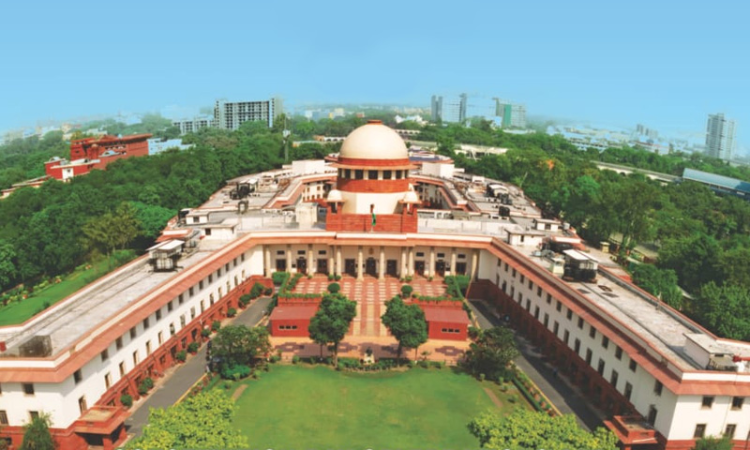The Supreme Court on Friday sought views regarding it transferring to itself the matters pending in different High Courts in relation to the validity of laws providing job quotas for domiciles.A bench comprising Justice L Nageswara Rao and BR Gavai was hearing the special leave petition filed by the State of Haryana against the order passed by the Punjab and Haryana High Court on February 3...

